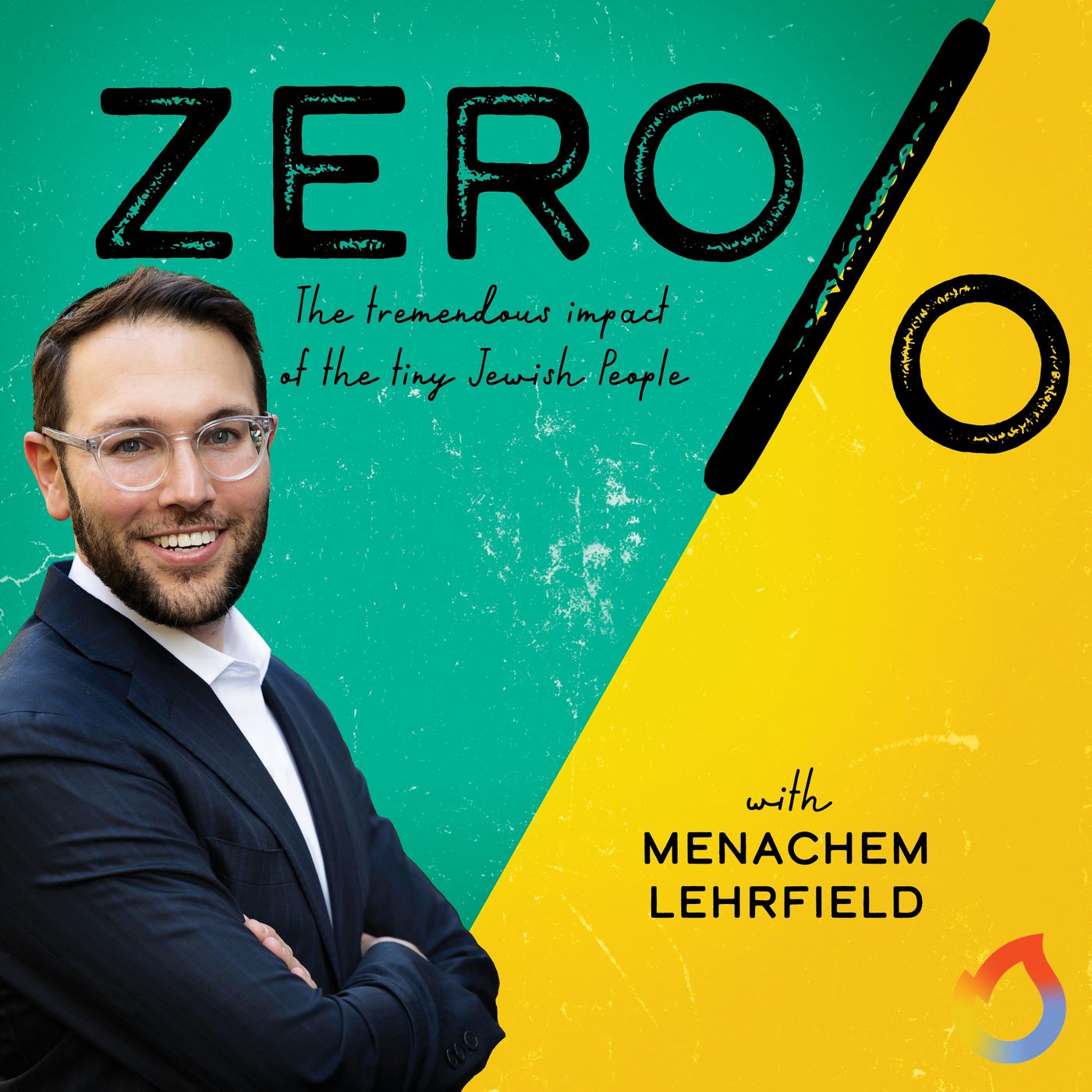14- The Concepts of Conception
Description
In this episode we start our exploration of time and how it allows us to connect to the growth mindset.
Transcript-
Hey everyone, I'm Menachem Lehrfield. Welcome back to Zero Percent. This season we've been learning all about the growth mindsets, and how we see them in Jewish thought. How the different ideas that we learn ourselves, that we teach our children, over time can help encourage and build a growth mindset, and how profound even the slightest change in the way we educate, and the way we praise and encourage our children, how even that slightest thing can help produce a growth mindset. But even more profound is the way we incorporate all of these growth mindset concepts, into the way we live our lives. That is the type of organic, natural exposure to the growth mindsets, that produces generations of growth mindset people, which in turn produces generations of successful people.
Life has lived in the realm of time, and the reality is when you look at religion, the majority of religious life is based on time, whether it's the different ritual or events that happen throughout the year, and Judaism, like all other religions does mark different times of year in specific ways at specific times. But also in the way that we individually, we mark different life cycle events at different times. And in doing so, both in stopping throughout the year, to mark a specific season or a specific time, or, pausing through my life at specific junctures in time, as I am experiencing certain things, allows me to bring religion, to bring significance and meaning into time, and thereby allows me to bring significance into life itself. I'd like to spend the next couple of weeks, exploring how Judaism approaches time, how we approach different lifecycle events, different moments in our individual lives, that allow us to connect organically and naturally, to this growth mindset research.
And then we'll begin to explore the different times throughout the year, where we may commemorate or remember a specific thing that happened in our past. But more importantly, we tap into something right here in the present, that is deeply connected to the different concepts we've been learning up until now. So let's begin with the Jewish life cycle. Now, where should we begin? Many would start from the first Jewish event in the life of a child. But the reality is, that the Jewish life cycle begins way before that. It begins all the way a conception. Jewish wisdom teaches, that when a child is in utero, when a child is in its mother's womb, it studies the entire Torah, with its own special angel.
So what that means is, as a child is in utero, it learns every single thing the child is ever going to learn. Everything the child ever needs to know for the rest of its life, it learns while it's in its mother's womb. And then right before the baby is born, the angel taps the baby on the top of its lip. And just like that, everything that he learned is now forgotten. What's the point? What's the point of teaching a child, everything he's ever going to need to know, and then causing him to forget it. If he's going to forget it, what's the point of learning it. It must be that it's not truly forgotten, it's just not accessible to the conscious mind. What that means is, every time I learn something new, I am not really learning a new idea, I'm remembering something I once knew. And therefore, when you learn something that is steeped in truth, you learn a true idea. Deep down, you should feel this sense of familiarity.
I remember hearing that before, it makes sense, I recognize it as true. Plato believed, that we all inherently have all the knowledge we need, deep down inside. And he tries to prove this concept from an experiment where Socrates is talking with this uneducated slave boy, who didn't have any background in geometry. And he manages to show that the boy actually understands some very basic...
More Episodes
Published 04/21/24
Published 04/19/24
Published 04/19/24


